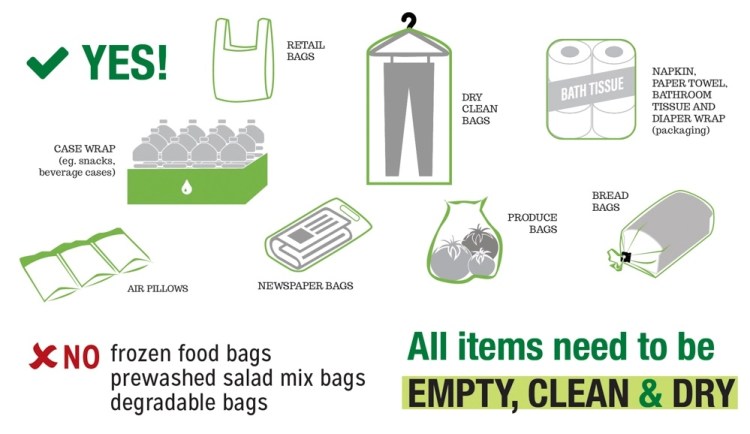The Planet Protectors Go Nonprofit
Thin-Film Plastics Recycling Program Takes Steps to Expand

For those who diligently try to save the planet by recycling their plastic PETE 1s and 2s, or squinting at the bottoms of big plastic bottles for 5s, the news this summer that the Planet Protectors program was falling victim to escalating fuel prices felt like the sad end of a good thing. It was the one place in the county that would accept thin-film plastic. But Sasha Ablitt, who started the program a dozen years ago, managed to find a truck and now has formed a nonprofit to capture the escalating costs of sending thin-film plastics to a confirmed recycler. It’s a product that’s not going away anytime soon.
“We get so much trash when we go shopping, whether it’s through Amazon or at the grocery store,” Ablitt observed. “People try to recycle well, but it’s hard, both because of a lack of knowledge as well as a lack of resources to do it.” Though the county’s recycling center at Tajiguas can handle PETE plastics and big one-gallon bottles, they refer people who want to recycle thin-film plastics to Ablitt’s Planet Protectors.

Single-use plastic bags were banned in Santa Barbara in 2013, and in Carpinteria before that in 2012, but thin-film plastics are ubiquitous and uncommonly good for consumer packaging. Since the pandemic, Ablitt and her volunteers have been working to teach people how to recognize the recyclable plastic from the non, as only certain types are accepted by Trex, a company that manufactures plastic decking. “They actually prefer recycled plastic to virgin plastic,” Ablitt said.
Enthusiasm among Santa Barbarans is high for the Planet Protectors program, and they’ve had to limit the number of people bringing plastic to the volunteer sessions. But expansion is now part of the plan to fill pallets with 700 pounds of plastic at a time, versus the 20-pound bales they currently assemble and compress. To do this requires finding a location large enough for pallets of plastics and forklift maneuvers, and raising donations to fund it all through what is now a bona fide tax-deductible 501(c)(3) nonprofit. To help the new program, visit planetprotectorssb.org.
Ablitt envisions recouping more polyethylene film plastics through school challenges, commercial partnerships, and other programs Trex outlines at NexTrex.com. But to participate, please don’t call Ablitt’s Fine Cleaners and Tailors, Ablitt requested, which has its hands full with its usual dry-cleaning customers. The Planet Protectors website contains all contact info, and emails can be sent to filmplastic@ablitts.com.

Support the Santa Barbara Independent through a long-term or a single contribution.




You must be logged in to post a comment.